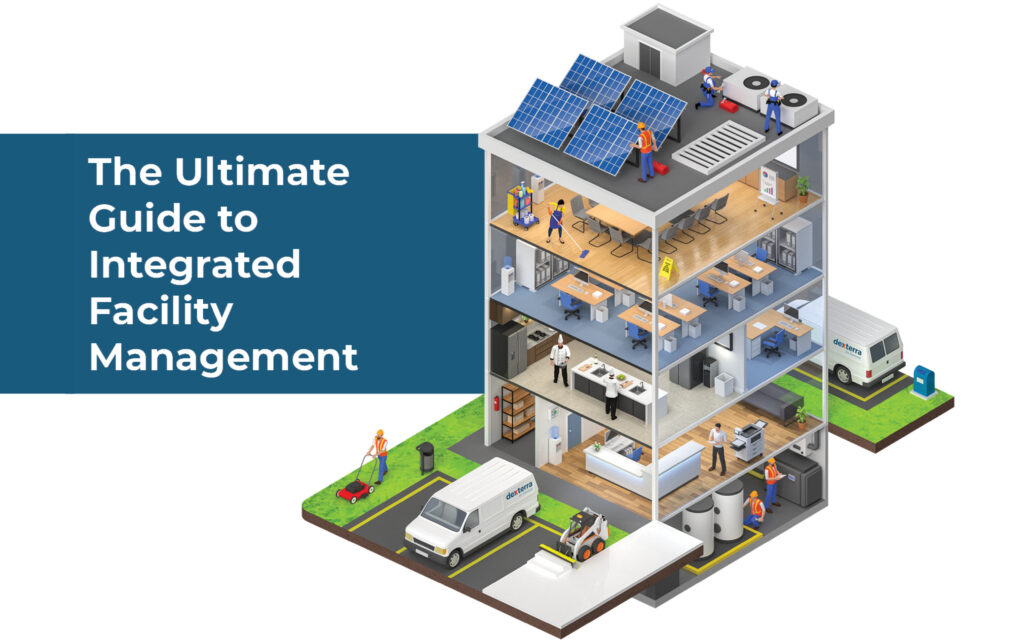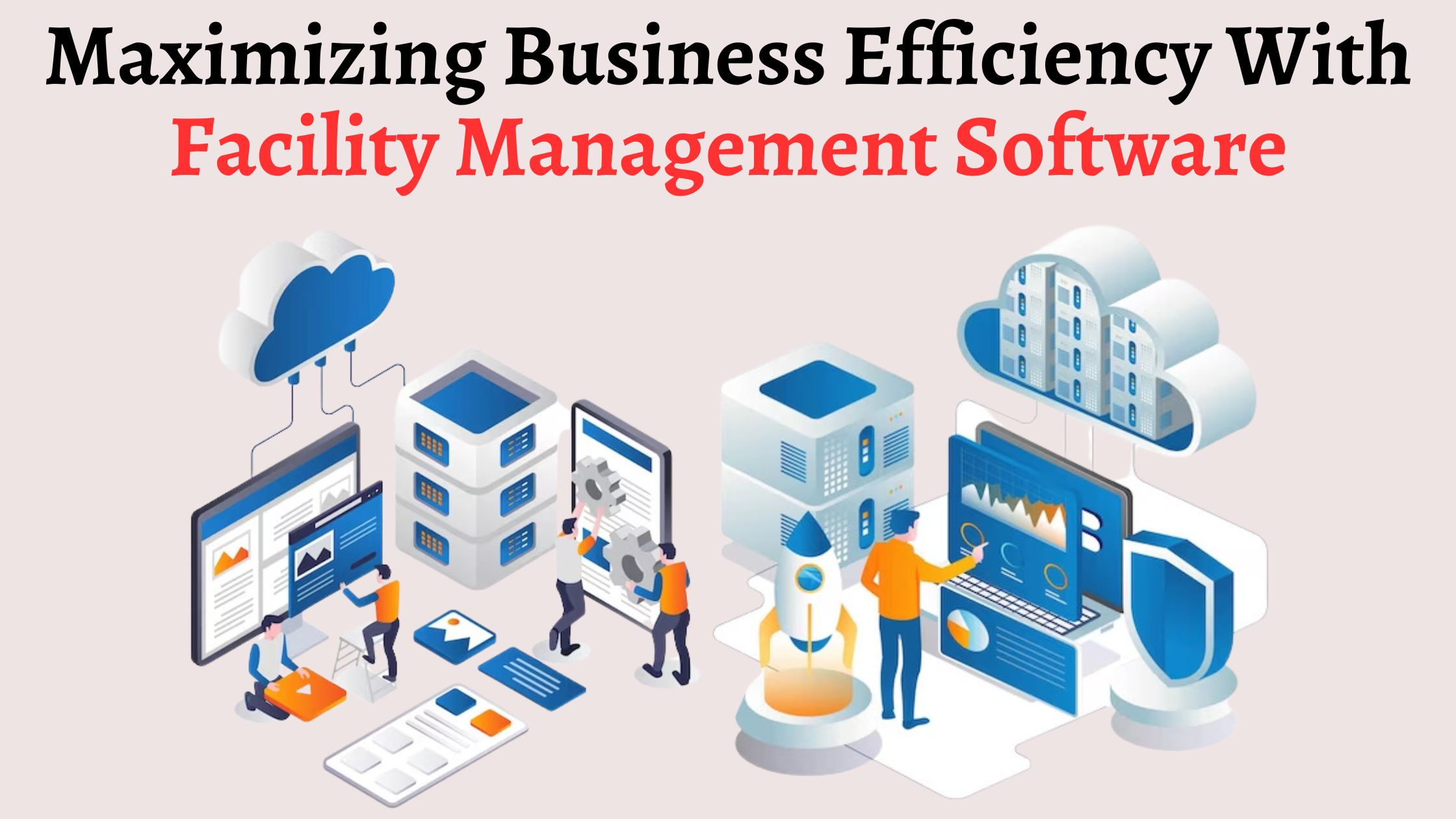Top Advantages of Total Facility Management for Streamlined Operations
Total Facility Management (TFM) stands for a strategic approach to enhancing operational efficiency by incorporating numerous solutions, such as upkeep and safety, under a unified management framework. This debt consolidation not only reduces redundancies but also leverages information analytics for educated decision-making and predictive maintenance. Furthermore, TFM helps with streamlined interaction amongst stakeholders, lining up operations with broader organizational purposes. The inquiry stays: what specific benefits can organizations harness from taking on TFM, and exactly how might these benefits change their operational landscape?
Improved Functional Efficiency
Boosted operational effectiveness is a key benefit of applying total facility management (TFM) strategies. TFM includes a comprehensive technique to taking care of a facility's resources, procedures, and framework, eventually simplifying operations. By combining different solutions-- such as maintenance, security, cleaning, and area management-- TFM enhances and reduces redundancies sychronisation amongst various functional features.
The integration of technology additional magnifies this performance. Advanced facility management systems give real-time information analytics, making it possible for facility supervisors to make enlightened choices that boost workflow and resource allocation. Predictive maintenance techniques, for example, anticipate equipment failures before they occur, decreasing downtime and extending asset lifespan.
Additionally, TFM promotes standard procedures throughout different departments, making sure consistency and quality in service delivery. This harmony lowers functional interruptions and promotes a more collaborative functioning setting. Because of this, workers can concentrate on their core responsibilities, driving performance and improving general performance.

Cost Reduction and Savings
Carrying out total facility management (TFM) not just increases functional efficiency yet also dramatically contributes to cost decrease and savings. By combining various services under a solitary management structure, organizations can remove redundancies and streamline processes, therefore decreasing functional prices. TFM enables much better purchase approaches, allowing business to bargain bulk buying contracts with distributors and company, causing reduced prices.
Furthermore, TFM highlights preventative upkeep, which minimizes unexpected break downs and prolongs the life-span of critical equipment. This proactive method not only minimizes repair service prices yet additionally boosts the reliability of facilitiess, ensuring uninterrupted operations. In addition, energy efficiency efforts, often an essential emphasis of TFM, lead to substantial savings on utility bills, as facilitiess are maximized for lowered power intake.
Improved Source Management
Efficient resource management is a keystone of total facility management (TFM), enabling companies to maximize using their possessions and workforce. By executing TFM techniques, organizations can comprehensively analyze their source allowance, making certain that every asset is utilized successfully and successfully. This alternative method allows for the recognition of underperforming resources and the potential for reallocation or improvement.
Additionally, TFM helps with the integration of modern technology for real-time tracking of resources, which assists in anticipating maintenance demands and stopping costly downtime. By leveraging information analytics, organizations can make enlightened decisions about source deployment, inevitably improving productivity and minimizing waste.
Furthermore, TFM advertises a culture of continual enhancement, urging teams to regularly examine and refine their source management methods. Total Facility Management. This aggressive stance not just minimizes functional disruptions however additionally promotes technology, as employees are encouraged to suggest enhancements based upon their firsthand experiences with resource application
Streamlined Communication Networks
In total facility management, structured interaction channels play a crucial role in fostering partnership and performance across teams. Reliable interaction guarantees that all stakeholders, consisting of facility supervisors, maintenance staff, and company, are aligned with operational requirements and organizational objectives. By developing clear lines of interaction, groups can swiftly deal with worries, share updates, and apply solutions, thus lessening downtime and boosting performance.
With systematized communication systems, info is easily accessible, permitting real-time updates on maintenance requests, source allowance, and task timelines. This transparency not just Get More Info minimizes misunderstandings but also equips staff members to make informed choices quickly. Streamlined communication facilitates better coordination throughout emergency situations, making sure that all workers are notified and can respond promptly.

Enhanced Emphasis on Core Activities
A vital advantage of total facility management is the raised concentrate on core activities, enabling companies to concentrate on their primary service purposes - Total Facility Management. By contracting out non-core functions such as protection, cleansing, and upkeep, firms can reroute their resources and energy towards tactical efforts that directly contribute to their competitive advantage and growth
Total facility management integrates various browse around this site operational jobs under a solitary umbrella, cultivating efficiency and minimizing redundancy. This combination not only streamlines processes but also enhances liability, making certain that every facet of the facility runs harmoniously without diverting attention from what truly matters-- core business functions.
Moreover, this approach enables employees to devote their effort and time to tasks that drive development and improve customer satisfaction, as opposed to obtaining slowed down by operational obstacles. With a reliable facility management partner taking care of everyday operations, organizations can accomplish better agility, respond promptly to market modifications, and maintain a sharper emphasis on their objective.
Ultimately, raised focus on core tasks results in boosted general efficiency, enabling companies to strengthen their market placement and fulfill their critical goals better. - Total Facility Management
Verdict
In final thought, Total Facility use this link Management significantly enhances operational effectiveness by combining crucial solutions and leveraging data analytics for informed decision-making. Cost reductions and enhanced resource management contribute to general cost savings, while structured interaction networks foster partnership amongst stakeholders.
Total Facility Management (TFM) represents a tactical technique to improving functional effectiveness by incorporating different services, such as maintenance and safety and security, under a unified management framework.Enhanced operational efficiency is a key advantage of applying total facility management (TFM) techniques. Advanced facility management systems give real-time information analytics, making it possible for facility managers to make informed decisions that boost operations and source allowance.Executing total facility management (TFM) not only increases operational performance yet likewise considerably contributes to set you back decrease and financial savings.Effective resource management is a cornerstone of total facility management (TFM), enabling companies to enhance the use of their assets and labor force.